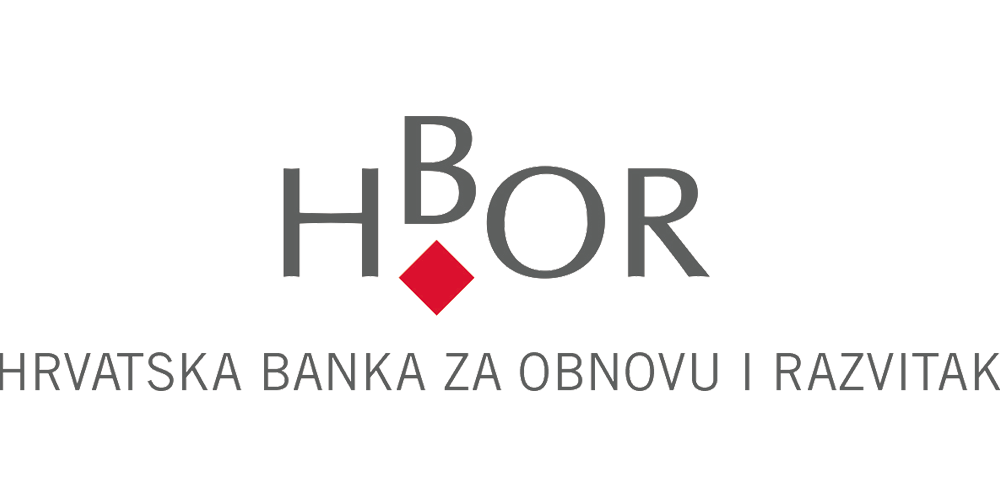The Croatian Bank for Reconstruction and Development (HBOR) has recently started another court case against the decision of Croatia’s Information Commissioner before the High Administrative Court. In the contested decision, the Commissioner ordered HBOR to disclose information about its export credit projects to the environmental organization Green Istria. This court case adds to no fewer than 31 appeals that HBOR started against similar decisions by the Commissioner between 2015-2019. It lost all of them.
Dunja Mickov & Dusica Radojcic, Green Istria | 30 January 2020

In only four years the Information Commissioner made 31 decisions in which it confirmed that HBOR should provide information about its projects, clients and other aspects of its operations to various groups and individuals in response to their freedom of information requests. Such information relates to the use of public funds and, should, therefore, be publicly available.
Since HBOR challenged the Commissioner’s decision before the High Administrative Court every single time, the Court has already confirmed the Commissioner’s decisions 31 times, as it took the stand that HBOR uses public funds for its operations and every person has the right to know how public funds are spent.
One of the judgements – which HBOR honoured – is related to Green Istria’s 2016 freedom of information request about HBOR’s export credit projects in the period 2011-2014. One would assume that HBOR would, after this and so many other lost cases, give up trying to prove that information about its projects and clients represents a banking secret.
But everything is possible with HBOR. Not even the Supreme Court’s 2018 reconfirmation of the High Administrative Court’s rulings – which states that one of the fundamental rights of citizens is “to exercise control over the holders of power and over the spending of public funds”, while this right “includes the transparency of the work of a state-owned bank” which carries out its activities and operations “in accordance with state aid regulations” and is “ultimately financed by citizens and legal entities” – could stop HBOR from going to the court again. HBOR just can’t get enough judgements.
In 2019-2020 this led to a distinct feeling of deja vu in Green Istria with regard to HBOR. Again Green Istria asked about export credit projects, and again the case reached the High Administrative Court. It’s easy to predict what the judgement will say.
If it wasn’t such a waste of time and money, it might even be funny. HBOR has once again decided to exhaust public institutional resources in extensive and lengthy legal procedures. Instead of tearing down the walls of secrecy around its projects, HBOR has become more strongly fortified, disregarding the Croatian Freedom of Information Act, as well as international legislation such as the Aarhus Convention and Directive 2003/4/EC on public access to environmental information.
But HBOR’s secrecy regarding public funds will have to come to an end. Green Istria has for years been fighting to make HBOR more transparent and responsible, and its excuses ran out long ago. The national institutions in charge of oversight over HBOR – the relevant Parliamentary Boards, Ministry of Finance, the Government and the Committee for Export Credit Insurance – must put the bank under much more scrutiny and ensure that it respects the national courts’ decisions. Green Istria will continue to put pressure on the institutions to make sure HBOR finally obeys the law and international conventions, and stops wasting public money.
Never miss an update
We expose the risks of international public finance and bring critical updates from the ground – straight to your inbox.
